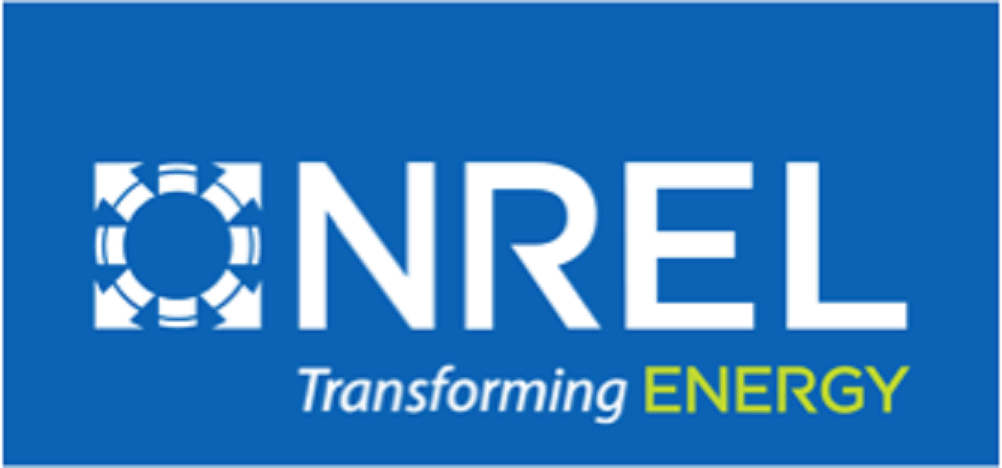NREL: Solving Solar Power Growing Pains in Michigan
Digital rendering of wind turbines, solar panels, and large battery energy storage systems.
Facing significant challenges accommodating increased distributed energy resources (DERs), the Michigan Public Service Commission (MPSC) turned to the National Renewable Energy Laboratory (NREL).
In 2018, Michigan’s two major utilities saw enormous growth in requests for grid interconnection to solar and other DERs. In previous years, the state’s total operating solar generation had been just over 100 megawatts, but now the requests amounted to 3 gigawatts. The queue was long, and Michigan’s interconnection rules had not been updated since 2009. To expedite DER integration and plan for more distributed energy generation, the MPSC contacted NREL for help updating its rules.
NREL engineers Michael Ingram and David Narang began discussing interconnection challenges with MPSC in 2019 and have provided technical assistance over the past year and a half.
“Michigan’s interconnection rules for DERs had not been updated in quite a while,” Narang said. “As they were considering larger shares of distributed energy coming onto their power systems, the utilities and various stakeholders realized they needed to revise those rules.”
Using the state of Minnesota’s experience with developing their DER interconnection process as a reference point to update the Michigan rules, Ingram and Narang developed a two-part plan to help MPSC bring new DERs online. The first objective was to help staff understand the technical requirements of DERs based on IEEE Standard 1547-2018. The standard provides technical specifications and configurations to help utilities, grid operators, and other stakeholders think through interoperability and communications details to safely integrate DERs into the electric grid.
The second objective was to help Michigan’s utilities evaluate the preapplication report that provides substantive technical details about their distribution system—such as feeder locations and voltages—to help determine how new DERs would affect the grid.
“It was new for the utilities to think about and share that information with project developers,” Ingram said. “But we showed them that several other states already had this practice in place.”
Ingram and Narang’s work evoked a recent thank-you letter from MPSC staff to NREL Laboratory Manager Elizabeth Doris, commending the researchers for their help. Both Ingram and Narang have worked for utility companies, so their expertise was especially valuable.
“The technical assistance we received from Michael and David was key to our ability to work through the complicated issues that arose during the stakeholder process we used to develop a draft set of interconnection rules,” said Julie Baldwin, manager of MPSC’s renewable energy section. “It was a pleasure to work with them because they clearly like what they do and make a great team.”
Throughout 2020, MPSC has been working through drafts of its updated interconnection rules with stakeholder groups to finalize a draft to begin the formal rule-making process.
“Our job was to help the staff build their understanding and confidence in meeting this interconnection challenge,” Ingram said. “We were ‘teaching them to fish,’ if you know the parable.”
MPSC also contributed to Ingram and Narang’s research, peer-reviewing educational materials for IEEE and directly contributing to NREL’s new “Guide for Authorities Governing Interconnection,” which is under review at the U.S. Department of Energy.
“Their contribution was helpful and rewarding for us,” Ingram said.

